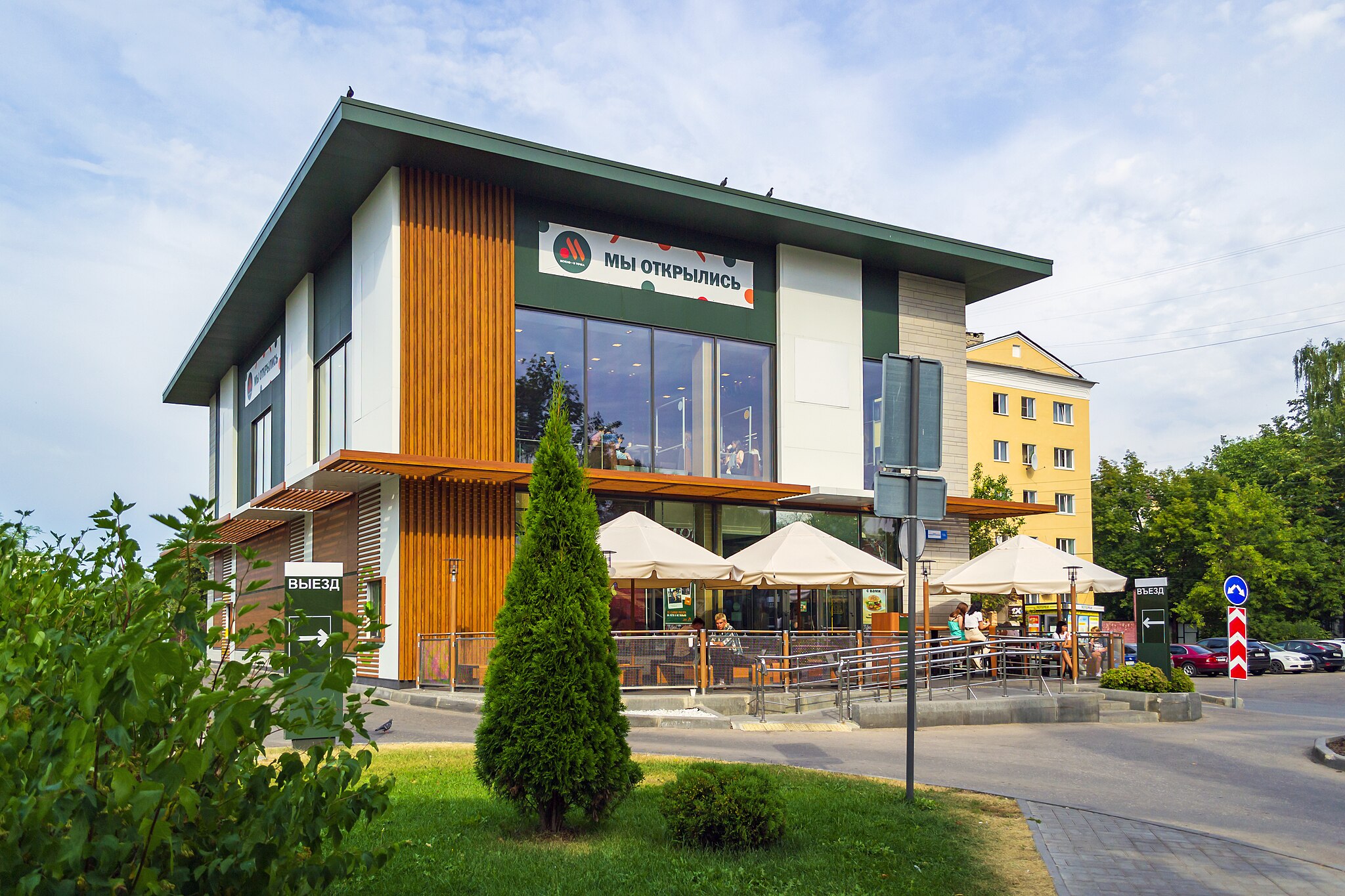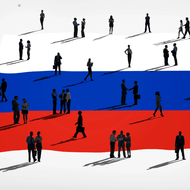Adapting to a New Era: Russian Copycats Emerge as Western Brands Exit
Posted by Emily on 30th Dec 2023
The recent geopolitical upheaval following Russia's invasion of Ukraine has precipitated a significant shift in the country's commercial landscape. This shift is characterised by the withdrawal of Western brands and the subsequent rise of Russian copycat enterprises. This phenomenon is not merely a tale of business opportunism but a reflection of a complex interplay between nationalistic sentiment, market dynamics, and legal intricacies.
 Алексей Трефилов, CC BY-SA 4.0, via Wikimedia Commons
Алексей Трефилов, CC BY-SA 4.0, via Wikimedia Commons
The Fast-Food Frontline: A Symbolic Shift
Consider the fast-food industry. The departure of McDonald's, a symbol of Western capitalism, marked a significant moment in Russia's contemporary history. The brand's exit was promptly followed by the emergence of "Uncle Vanya," a local fast-food venture with a logo evocative of McDonald's. This move, while opportunistic, also aligns with a broader national narrative that seeks to reframe the exit of Western brands as an opportunity for domestic entrepreneurship and a return to Russian cultural roots.
Furniture and Retail: Filling the IKEA Void
Similarly, in the furniture retail sector, the suspension of IKEA's operations opened the market for "IDEA." This brand not only mimics IKEA's visual branding but also seeks to fill a gap in product availability. The strategy extends beyond mere replication; it is about understanding and capturing the nuances of consumer preference that IKEA once satisfied.
Digital Domains: Navigating the Social Media Landscape
In the digital realm, "Rossgram" is a testament to Russia's quick adaptation to social media trends. In response to Instagram's blockage, Rossgram indicates a deeper strategic move to localise and control digital platforms, which are crucial for public discourse and personal expression.
The Legal Labyrinth: Intellectual Property and Market Dynamics
These developments, however, navigate a complex legal terrain. Intellectual property laws and the potential for trademark infringement pose significant challenges. These challenges are compounded by the geopolitical context, which may deter Western brands from engaging in legal battles, thus leaving the field open for these new entities.
Beyond Replication: Understanding Consumer Sentiment
The success of these brands hinges on their ability to resonate with consumers. While some Russian consumers have embraced these copycat brands as a patriotic alternative, others express nostalgia for Western brands' quality and variety. This dichotomy reflects a broader discourse on consumer identity and national pride in a rapidly changing market.

The Broader Implications: Economic and Political Considerations
From an economic perspective, the rise of copycat brands reveals Russia's agility in adapting to sanctions and market exits. Politically, it underscores a move towards greater self-sufficiency and re-evaluating globalisation's benefits and pitfalls.
Looking Ahead: Anticipating Future Trends
As we look to the future, several questions emerge. How will these Russian brands evolve from mere replication to innovation? Will Western brands reconsider their exit strategy as geopolitical tensions evolve? And most importantly, how will consumer preferences shift in response to these changing market dynamics?
In conclusion, the emergence of Russian copycat brands in the wake of Western exits is a multifaceted saga. It encapsulates themes of resilience, adaptation, and national identity. As this narrative unfolds, it will undoubtedly offer valuable insights into the evolving nature of global commerce and consumer culture in the face of geopolitical shifts.

